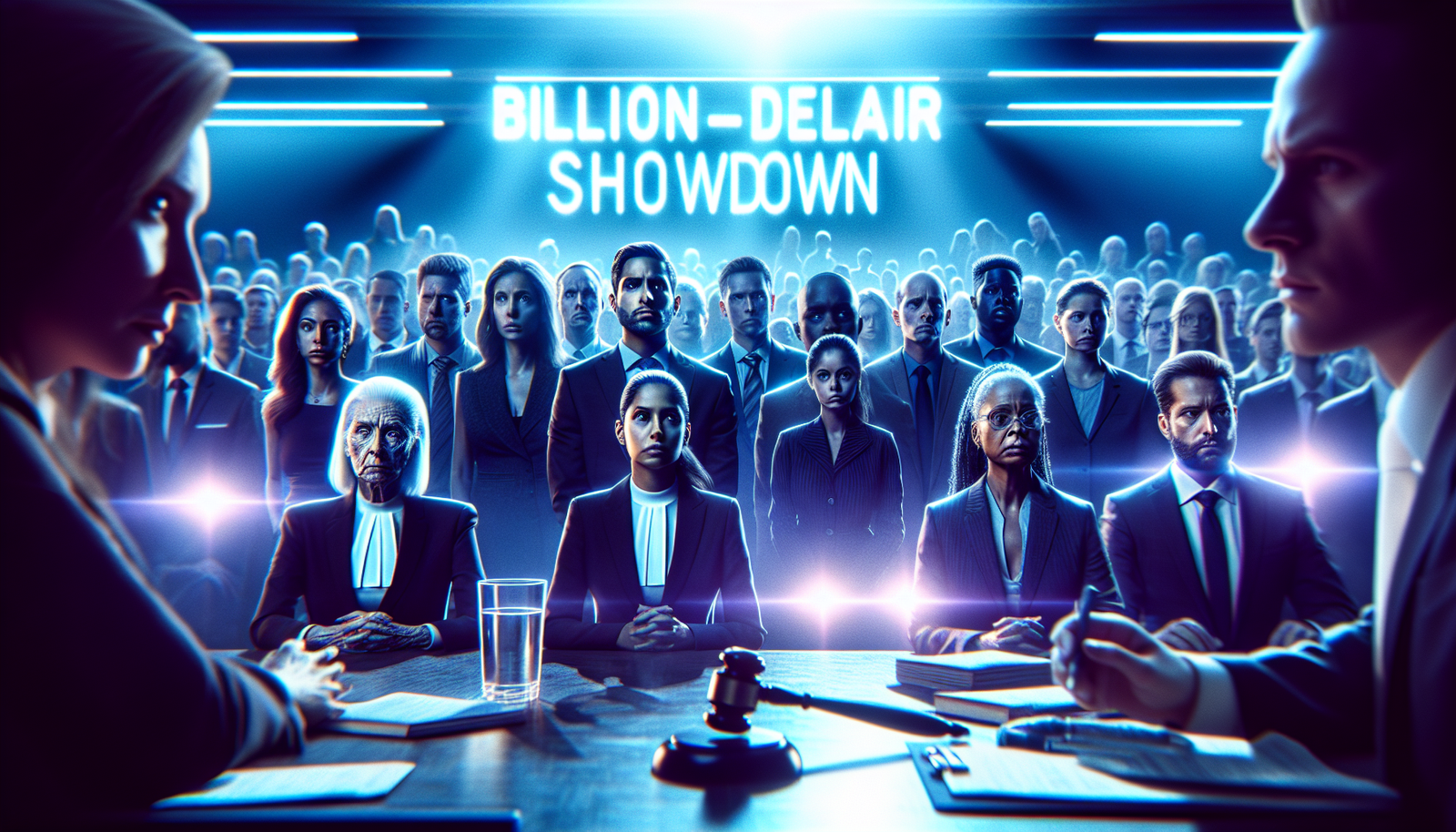The fight for intellectual property is vividly manifesting with Canadian companies challenging OpenAI. The media accuses the firm of “unfair exploitation” of journalistic content to feed its artificial intelligence technologies. Billions of dollars at stake raise crucial questions about AI regulation and copyright protection. This case could define the future of the relationship between the tech sector and the media industry, marking a decisive turning point in the legal battle against technology giants.
The legal dispute of Canadian media against OpenAI
Canadian media companies are suing OpenAI, suspecting the company of having illegally used their articles to train its language processing software, ChatGPT. The plaintiffs seek damages that could amount to billions of dollars. This lawsuit was filed last Friday in the Ontario Superior Court of Justice, indicating an escalation in the conflict between media companies and tech giants.
Allegations of content misappropriation
The involved media outlets, such as the Globe and Mail, CBC, and Toronto Star, allege that OpenAI has engaged in a “strip-mining” practice of journalism. This term illustrates the unscrupulous recovery of news content to create predictive models, thereby unjustly enriching the company. Paul Deegan, president of News Media Canada, condemned this situation by stating that artificial intelligence companies benefit from the investments made by publishers in journalism and content production.
Nature of the lawsuit
The complaint seeks punitive damages for each article used, potentially amounting to up to 20,000 Canadian dollars per content. The plaintiffs also demand an injunction prohibiting OpenAI from future use of their articles. In their statement, they claim that OpenAI has meticulously “extracted” textual data from their websites, without ever obtaining the necessary permissions.
Possible repercussions for the media industry
This litigation could pave the way for significant repercussions on the regulation of artificial intelligence, particularly regarding data usage. A media-friendly ruling could encourage other companies to fight for the protection of their content against emerging technologies. The media seeks to ensure that the creation of value from their articles primarily benefits those who invest in their production.
The broader context of the media fight
This legal battle is part of a series of struggles waged by Canadian media against American tech companies. Media in the United States, including the New York Times, have also pursued lawsuits against OpenAI, reflecting growing concern over the impact of AI technologies on their business model.
OpenAI’s position and future prospects
With a valuation of over 150 billion dollars, OpenAI has already established licensing partnerships with some media companies, such as Associated Press and Condé Nast. However, the company has not yet officially responded to the allegations made by the plaintiffs. The outcomes of this case could redefine the relationships between content creators and artificial intelligence companies.
Frequently asked questions
Why are Canadian media companies suing OpenAI?
Canadian media companies accuse OpenAI of using their articles without permission to train its artificial intelligence models, including ChatGPT, causing them significant financial losses.
What types of damages are claimed by Canadian media in this case?
The media seeks damages that could reach C$20,000 for each article used without consent, potentially amounting to billions of dollars if successful in court.
What are the implications of this lawsuit for the media industry?
This case could set a legal precedent for regulating the use of copyrighted content in the development of artificial intelligence technologies, thereby influencing how AI interacts with media.
Who are the plaintiffs in this case?
The plaintiffs include several major Canadian media companies such as the Globe and Mail, CBC, Toronto Star, and Postmedia, among others.
What specific actions do Canadian media want to see implemented against OpenAI?
In addition to damages, the media is seeking a permanent injunction prohibiting OpenAI from using or accessing their articles in the future.
Has OpenAI responded to the allegations against it?
So far, OpenAI has not immediately responded to requests for comment regarding the copyright infringement allegations made against it.
What could be the possible consequences if Canadian media win this case?
A ruling in favor of the media could not only lead to significant financial compensation but also force OpenAI and other tech companies to reconsider their practices regarding the use of protected content.
How does this case fit into the broader context of media and tech company relations?
This instance illustrates the growing tensions between traditional media and tech giants, each claiming legitimate rights regarding the protection of their copyrights and content.






